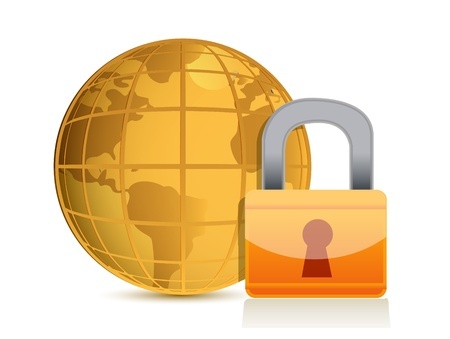 As versatile as the internet is, it is not without its fair share of dangers. As e-commerce continues to grow and people use the web more often, so do data thieves and other online criminals. As such, whether you’re a business or just browsing online, it pays to be careful.
As versatile as the internet is, it is not without its fair share of dangers. As e-commerce continues to grow and people use the web more often, so do data thieves and other online criminals. As such, whether you’re a business or just browsing online, it pays to be careful.
Here are a few useful things to watch out for:
Anti-Virus Software
There are more ways than ever to get infected with a virus or a malicious program. Many sites have come pre-loaded with viruses and Trojans, waiting for users to download or make purchases online. A virus can cause a great deal of damage once they are inside your computer or server.
Your best line of defence is a pro-active offence. A good anti-virus or firewall software will actively screen, scan, and block anything it doesn’t trust, reducing your chances of infection.
SSL
SSL stands for Secure Sockets Layer and is one of the most important CA Certificates you could need. This represents a websites level of encryption and comes in two key forms. A standard SSL is often shown as a padlock symbol, while a bright green variant highlights the better SSL EV, or Extended Validation certificate.
If you own your own website, you will want to use these. Not only do they reassure customers, they insure nobody is listening in on communications between you and potential customers and users. As a level of security, it’s hard to imagine a website without it.
Would you, for instance, willingly use an online store that didn’t have one?
Backup
When something does go wrong, it’s important to have a backup plan. While SSL and anti-virus software form a protective line of defence, a backup plan is essential. Cloud options, such as remote servers can help, while portable devices can store copies of your important data.
